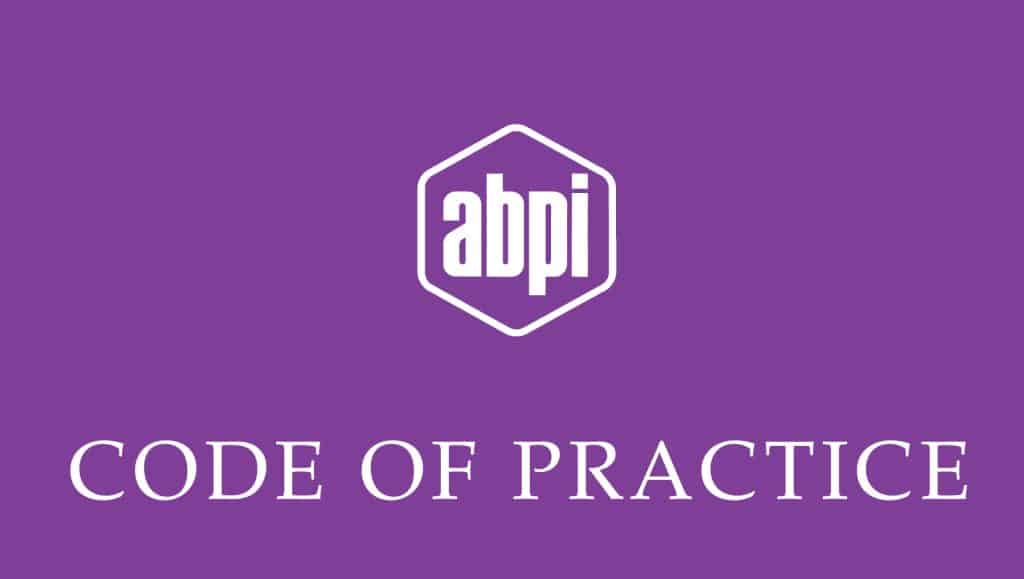
Bayer’s complaint over ‘misleading’ Novartis eye drug claims upheld
pharmafile | August 14, 2015 | News story | Medical Communications | Bayer, Eylea, Lucentis, Novartis, PMCPA, code of conduct
The industry’s code of conduct regulator has ruled in favour of Bayer in a dispute claims made by Novartis when comparing the two companies’ rival eye drugs.
The Prescription Medicines Code of Practice Authority (PMPCA) ruled on complaints made by Bayer against Novartis, over claims regarding the benefits of Novartis’ Lucentis (ranibizumab) compared to Bayer’s Eylea (aflibercept).
Both products are injectable treatments for neovascular (wet) age-related macular degeneration (AMD), and visual impairment due to diabetic macular oedema (DME).
Bayer’s list of complaints stems from two symposia the Swiss firm sponsored at a 2014 European ophthalmology congress held in the UK. Bayer alleged that Novartis claimed that the use of Bayer’s Eylea came with a greater risk of endophthalmitis than use of Lucentis.
The claims centred around two data sets Novartis presented in support of Lucentis. These were based on insurance claims from users of the two drugs, as opposed to actual scientific data. The presentation, Bayer says, did not balance these findings with those from Phase III studies, which found similar occurrence of adverse events in both drugs.
Bayer also complained that the Novartis presentation significantly overstated the dosing flexibility permitted by the new Lucentis label; implying that physicians could use Lucentis as they pleased with no restrictions for treatment intervals or follow-up/monitoring requirements.
At the second symposium specifically, Bayer alleged that Novartis presented data selectively from published studies to minimise the apparent risk of arterio-thrombotic events with Lucentis and portray Eylea as unsafe compared to Lucentis in DME.
Bayer also alleged that Novartis failed to disclose that the second study of health insurance data was funded and co-authored by Genentech, the manufacturer of Lucentis and Novartis’ business partner, a fact which would be important to the audience in evaluating potential bias.
The panel upheld Bayer’s complaint about the overall impression created of the safety profile of Eylea in diabetic macular oedema, and the impact the differences in the two treatments may have on safety. The PMCPA agreed that the ‘take-home’ impact on the audience, based on this portrayal, was in breach of the code.
“Overall, the Panel considered that the take home message was, as alleged, that the safety profile for Lucentis was more favourable than that for Eylea and that real differences in that regard would be seen in the clinic. On balance that Panel considered that there was insufficient data to show that this was so and that the symposium overall was misleading in that regard.
“The comparison of the two medicines was thus misleading. The impression of a significant clinical difference between Eylea and Lucentis could not be substantiated and breaches of the Code were ruled. “
However the PMPCA concluded that although Novartis was in breach of the code on multiple individual counts, these did not together amount to an overall breach of clause 2 – discredit and and reduction in confidence in the industry, as alleged by Bayer – because the impression created at the symposia did not put patient safety at risk.
The full summary of the case, including the individual rulings for each Code of Practice clause, can be viewed here.
Joel Levy
Related Content

Novartis shares new data about Fabhalta for IgAN treatment
Novartis has announced new results from a pre-specified interim analysis of its phase 3 APPLAUSE-IgAN …

Bayer and Aignostics to collaborate for AI oncology research
Bayer and Aignostics have announced that they have entered into a strategic collaboration for several …

Novartis shares new data for Zolgensma in children with SMA
Novartis has announced new data to continue the support of the clinical benefits of Zolgensma …








